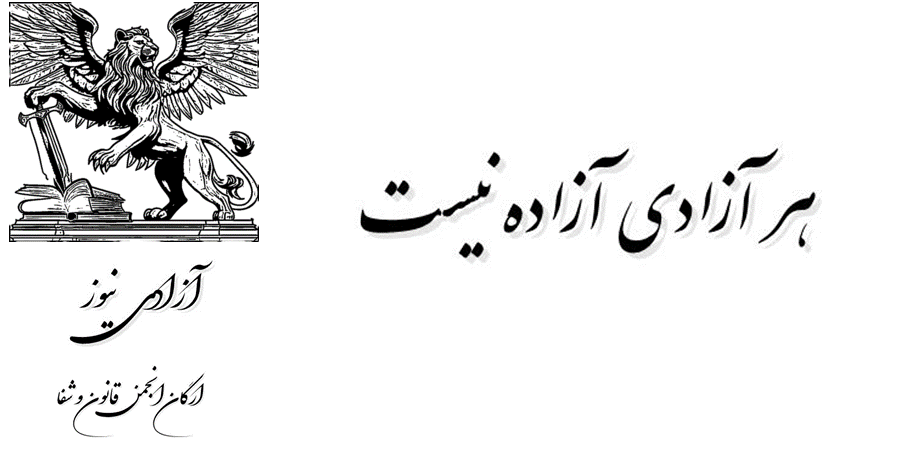The English translation of the above text can be rendered as “Initiation into Philosophy” or “Means of Philosophy” because, firstly, until one is familiar with the tools of philosophy, they cannot engage with philosophy, and will merely be a reader of strange texts and coarse words, sometimes of others’ useless thoughts, and will not be productive or self-sufficient. Just as a farmer cleaves the ground and sows seeds with a hoe and spade, an engineer measures dimensions with a meter and level, a doctor examines the heartbeat with a stethoscope. In times of poverty and need, when no tools are available, and even questioning and answering is not possible (there is no friendship), epistemology provides the opportunity for responding and finding solutions to the criticisms of the world and the weapon of overcoming poverty, meaning seeking escape from destitution.
Thoughts and philosophical opinions tend to be expressed and seen. The expansion of philosophical perspectives is often the inclination of philosophers, unlike magic, which tends to remain hidden (Is there such a thing as magic?). Philosophy tends to be extensive and pervasive. Uncertainty and the occurrence of opinions in the existence of magic itself is due to its nature of enchantment and its tendency to remain hidden.
The tenth day of Mehr is a myth, and enchantment (Hafez)
In philosophical views and opinions, frequency can be considered as a rule, meaning that when a reality is repeated frequently, it can be considered a philosophical truth. However, deviation from the rule is not a problem, meaning that frequency is not a pledge (you cannot pledge on it).
Speech and thought and good deeds lead to salvation is a rule and a pledge because it is sworn to, if it had not been sworn to (not considered sacred), it would have been subject to deviation, like the above rule. So, religion is a pledge, and the difference between it and philosophical rules is that it is sworn to. Islamic law uses a pledge to prove a crime regardless of whether religion is a pledge, meaning it is sworn to. Other religions also have pledges, meaning they have been divided and sworn to, to 1. be sanctified, 2. be criminalized, 3. be ruled.
Above, we examined the differences between 1. religion, 2. philosophy, 3. magic, and 4. evil through the method of causality. The method of causality deals with the cause and effect, and the religious use it to prove themselves (which is the cause) by using the effect. The effect is used from the cause, so that if the disease is recognized from the patient (the demon), which is also a pledge, both philosophy and magic, if it remains hidden, are magic, and if it comes out, it is not surprising.
Above, we inferred the general principles of the four conflicting principles of humanity: 1. religion, 2. philosophy, 3. magic, and 4. evil. All four tend to reach godliness and want to make God their cause, that is, to make the cause of all causes. Since God has given them the opportunity to exist, it is through them (deduction). This is how each of them becomes more frequent and finds its origin.
Humanity’s tendency towards frequency is the highest degree (because it is born), and the cause of all causes has been given to any principle that has a tendency towards frequency, and the world is the result of this. Above, we enumerated the tools needed for the generalities of philosophy and religion, and we counted magic and evil so that we did not miss them (unless they exist?).
These tools are: 1. frequency, 2. pledge, 3. reasoning and deduction, 4. inquiry (questioning).
Dr. Amirali Rostam Davoudpour1
Secretary of the Law and Healing Association
- Direct translation from Persian using OpenAI. (2024). ChatGPT (3.5) [Large language model]. https://chat.openai.com, (warning: The original Persian article might be reasonably different) ↩︎


